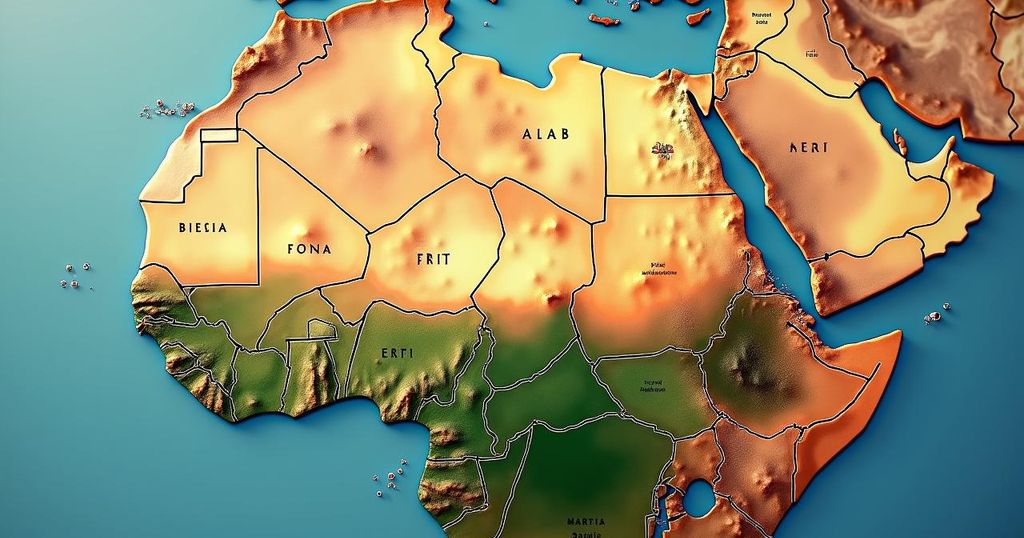In its 2018 Review, Africanews highlights major news events across Africa, focusing on each country’s unique stories from diplomatic efforts to political transitions, drawing attention to trends affecting women, peace agreements, and relationships with the international community.
As 2018 concludes, Africanews’ digital team reflects on the year’s key news events from across Africa, categorizing them by industry sectors such as news, sports, business, science and technology, and culture. The review highlights significant trends, including recognitions of influential women, peace initiatives, and important electoral processes. In the country-by-country analysis, each nation’s top three news stories will be reviewed to assess their handling of domestic and international issues. Featured prominently is the special ‘2018 Review’ tab on the Africanews homepage, organized alphabetically from Djibouti to Guinea-Bissau. Djibouti saw progress in peace talks with Eritrea, alongside the inauguration of a $3.5 billion free trade zone, an initiative supported by Chinese investment. In the Democratic Republic of Congo, President Kabila’s agreement to step down amid growing unrest set the stage for upcoming elections. The year was marred by protests and an Ebola outbreak, which posed significant challenges. Notably, Denis Mukwege was awarded the Nobel Peace Prize for his advocacy work. Egypt held presidential elections, resulting in a second-term victory for President Al-Sisi. The nation continued its negotiations regarding the Grand Ethiopian Renaissance Dam and experienced rising violence against Copts. Eritrea achieved significant milestones, including peace with Ethiopia, which led to the lifting of UN sanctions, allowing for renewed regional engagement. In Ethiopia, Prime Minister Abiy Ahmed initiated sweeping reforms that included significant representation for women in government, enhancing political stability since the recruitment of Abiy. Equatorial Guinea confirmed news from 2017 about foiled coup attempts and dealt with the detention of Vice President Teodorin Obiang Nguema during an overseas trip. In Gabon, President Ali Bongo grappled with health issues following a stroke, leading to transitions within the government during a turbulent political climate. The Gambia continued its political transformation post-Jammeh, initiating commissions to address past abuses and witnessing legislative changes. In Ghana, the passing of global figure Kofi Annan was a momentous event, while the country faced significant issues within its football association. Guinea experienced anti-government protests and concerns related to corruption linked to contract dealings with French corporations. Guinea-Bissau dealt with a persistent political crisis, leading to ECOWAS sanctions and legislative postponements amid public discontent over economic conditions.
The article presents a retrospective overview of significant news developments across Africa during 2018. It encompasses various sectors, including political transitions, economic initiatives, social movements, and health crises. The content is structured to highlight each country’s major events and trends, allowing readers to understand the continent’s political and socio-economic landscape during the year.
In summation, 2018 was a pivotal year for various African nations as they navigated significant political changes, economic developments, and social challenges. The reflections provided in this review shed light on the continent’s evolving dynamics, marked by peace initiatives and transitional governance, confronting economic hardships and fostering international relations throughout the region.
Original Source: www.africanews.com







